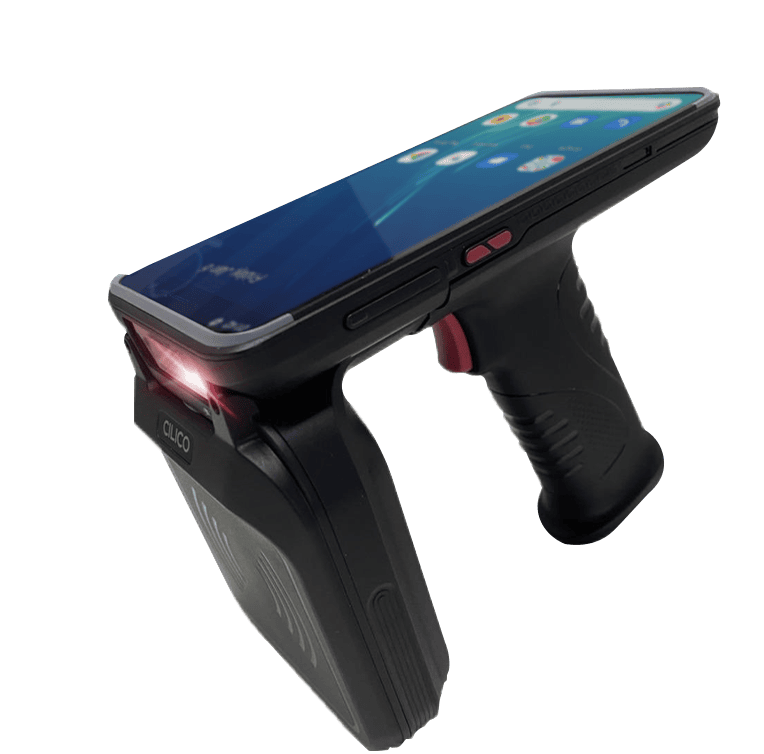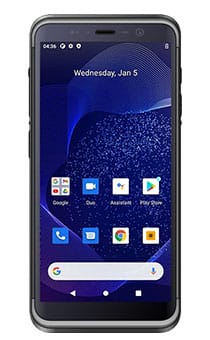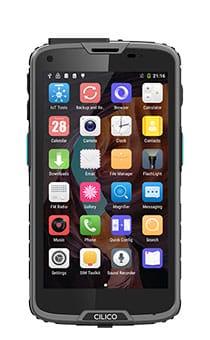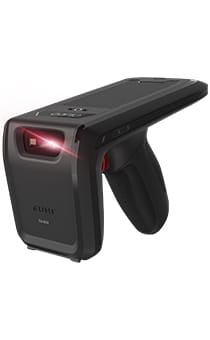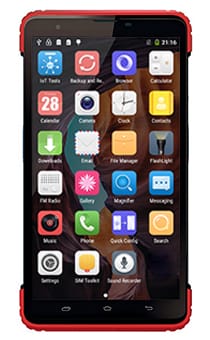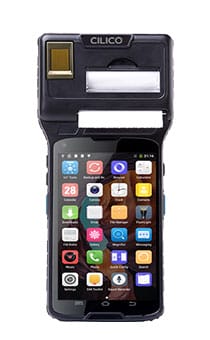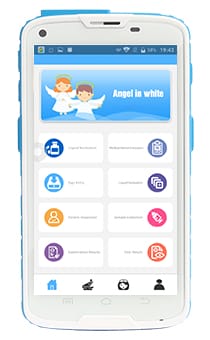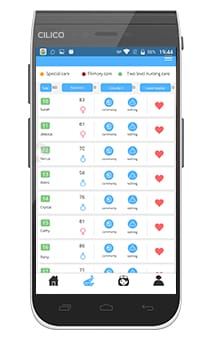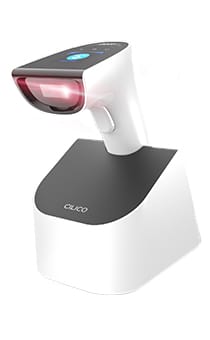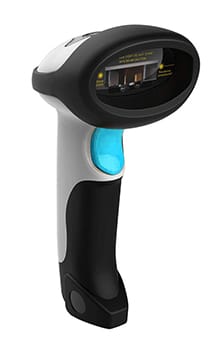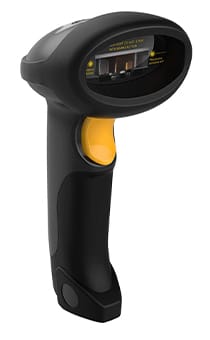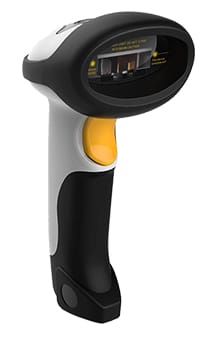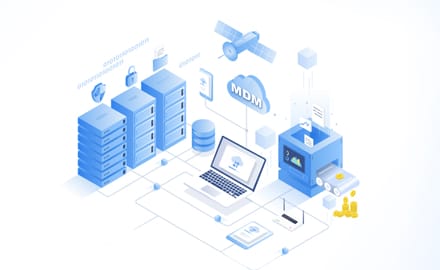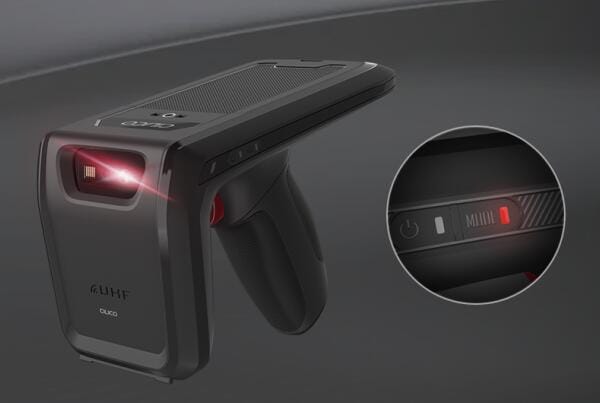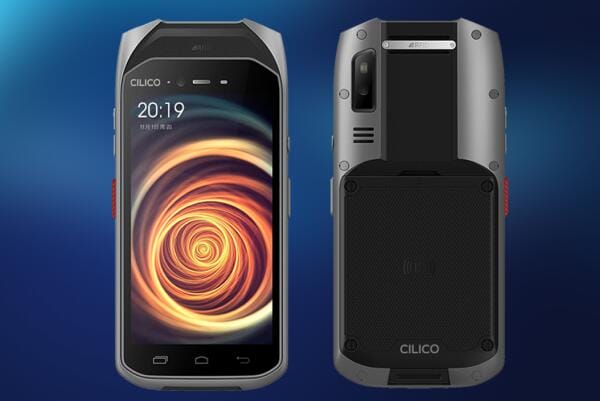- Jul 07,2022
- Tags:
Handheld inventory devices are used in many industries
BY RFID JOURNAL
Radio frequency identification (RFID) technology is used in many industries, and its use continues to grow. One example is in the automotive industry, in which companies are using RFID throughout many parts of their production and distribution chains. RFID has particular value for car manufacturing and at the dealership level.
Using RFID in Automotive Industry Manufacturing
The automotive sector employs RFID tracking throughout the manufacturing process, from individual parts to finished vehicles. Implementing the technology can provide more detailed control and improve operating efficiency throughout entire supply chains and manufacturing operations.

RFID in Shipping and Receiving
The first way in which auto manufacturers employ RFID is to track the components required for vehicle assembly. RFID can monitor all parts received from a variety of suppliers and ensure that the correct components are received in the right quantities. The technology is essential in identifying non-conforming materials received from suppliers. Instead of workers noticing that the wrong part was shipped when it's time for them to use it, RFID immediately identifies mis-shipments so the correct parts can be resent much more quickly.
RFID in Staging
All parts, both individual components and completed assemblies, can be tagged and flagged for use in particular vehicle configurations. This helps to direct the correct components to the right models and reduce errors inherent when there are a wide variety of possible customizations available. RFID also helps to track critical components on the staging floor.
Manufacturers use RFID to automatically synchronize production flow, ensuring that materials are located where they are needed when employees need them. Because the right parts are always available, this keeps production lines running as smoothly as possible. Any items that are misplaced or misdirected can be located and redirected in real time. By minimizing human errors of this type, RFID helps to reduce costly delays.
RFID in Tool Tracking
Most manufacturing floors employ a variety of specialized, expensive tools. Tagging each tool enables manufacturers to know where it is located at any given time, thereby reducing the incidence of theft and misplacement. This results in no more downtime due to lost tools, and no more tools "walking away" from the floor.
RFID in Vehicle Tracking
In addition, RFID can track vehicles after they've been assembled. Manufacturers can assign a unique RFID serial number to a car's vehicle identification number (VIN). This number is also associated with the vehicle's manufacturing history, thus helping to track any rework that is necessary. The RFID number is then used to ensure that the finished vehicle is shipped to the correct destination. Click here to read how Kia uses RFID technology for vehicle finishing and tracking.
Using RFID in Auto Vehicle Dealerships
Dealers sold more than 14 million cars and light trucks in the United States in 2020. Tracking all of those cars on and off dealer lots poses a monumental challenge, which is why RFID technology is widely used at the dealership level. Dealers can utilize RFID to track every movement of the cars in their inventory, as well as post-sale in their service departments. Tags are typically attached to the back of a car's rearview mirror or inside its front window—any place that's relatively inconspicuous, yet easy to read. Dealerships employ a combination of manual and automatic RFID readers at multiple checkpoints to track vehicles as necessary.
Tracking Inventory
RFID technology enables dealerships to provide highly accurate inventory counts in real time. A dealer can thus know, at any point in time, how many vehicles are in stock, which ones are available and the value of that inventory.
Locating Vehicles
For dealerships with large inventory, locating any individual car (for test drives, when vehicles are sold and so forth) can be challenging. RFID tagging enables dealers to track the location of any vehicle to a particular space on the lot, thus speeding up retrieval.
Monitoring Test Drives
Most dealerships allow sales representatives to check out vehicles for customer test drives, but what happens next is often a mystery. RFID technology provides detailed reporting on which sales rep checked out a particular vehicle, as well as to which customer and for how long.
Greeting Guests
By placing fixed RFID scanners at a lot's entry points, a dealer can be alerted when a car enters, and determine its purpose. For example, if an RFID tag is attached to a loaner car, the dealer knows that the loaner is being returned. If the tag is affixed to a car with a service appointment, it knows the customer has arrived for service.
Providing Service
Fixed RFID scanners can be deployed at the entry doors to a dealer's service department. When a car drives into the service bay, staff members are alerted and provided with real-time information about the customer, the car and its past service history. This allows for more personalized greetings and eliminates the need to ask questions and enter information manually, which speeds up the check-in process and provides more accurate information to the service techs.
Recording Key Information
Data collected from each RFID touchpoint is fed into a central system and is integrated with other information the dealership has regarding every vehicle and its owner. All interactions are logged and available for future use and analysis.
Speeding Up Trade-In Reconditioning
Used vehicles taken in on trade typically need to be reconditioned, and sometimes serviced. RFID can be used to track a vehicle's progress throughout this process, speeding up the hand-off between different stations and fully tracking what work has been done on each vehicle.

C6T temperature measurement use case video

